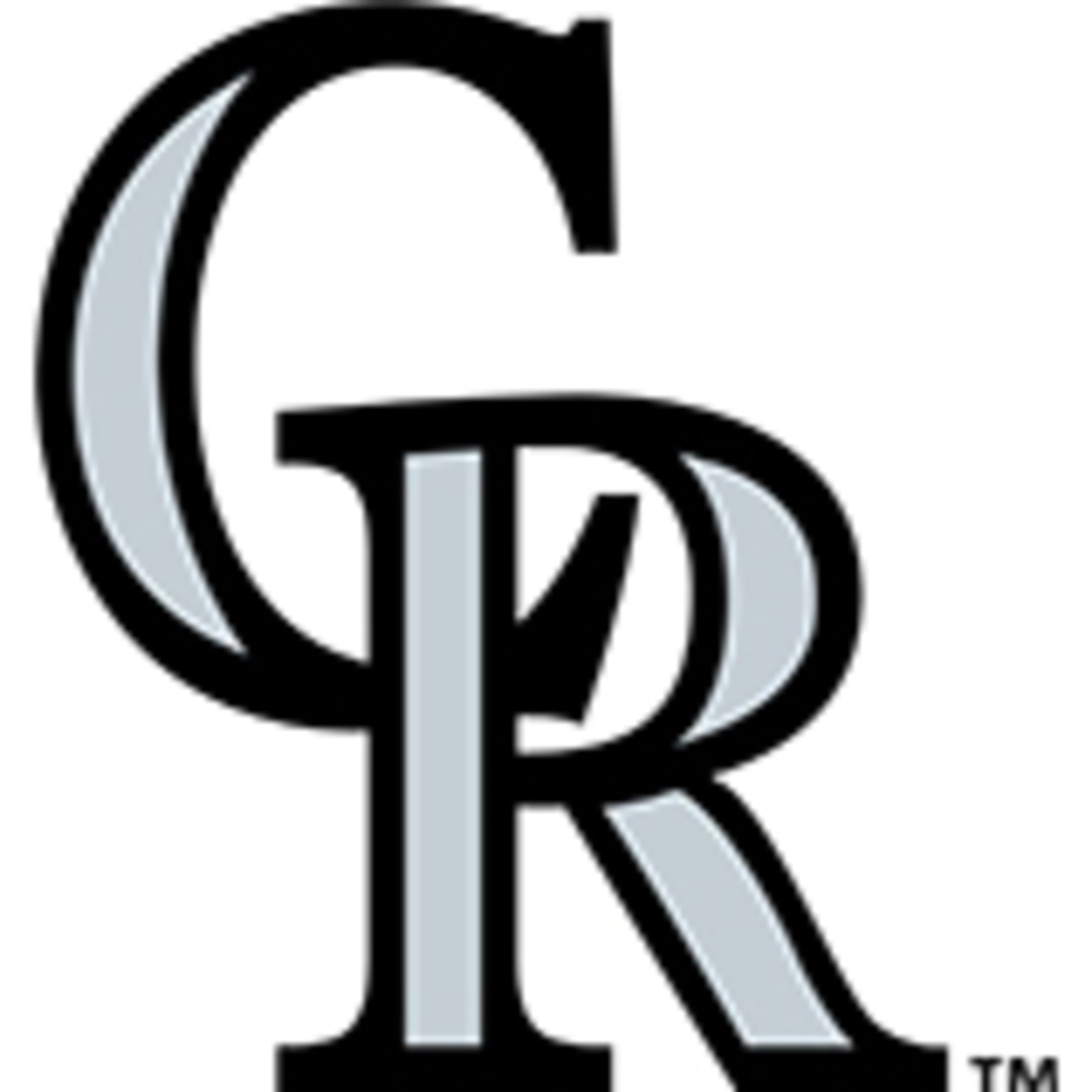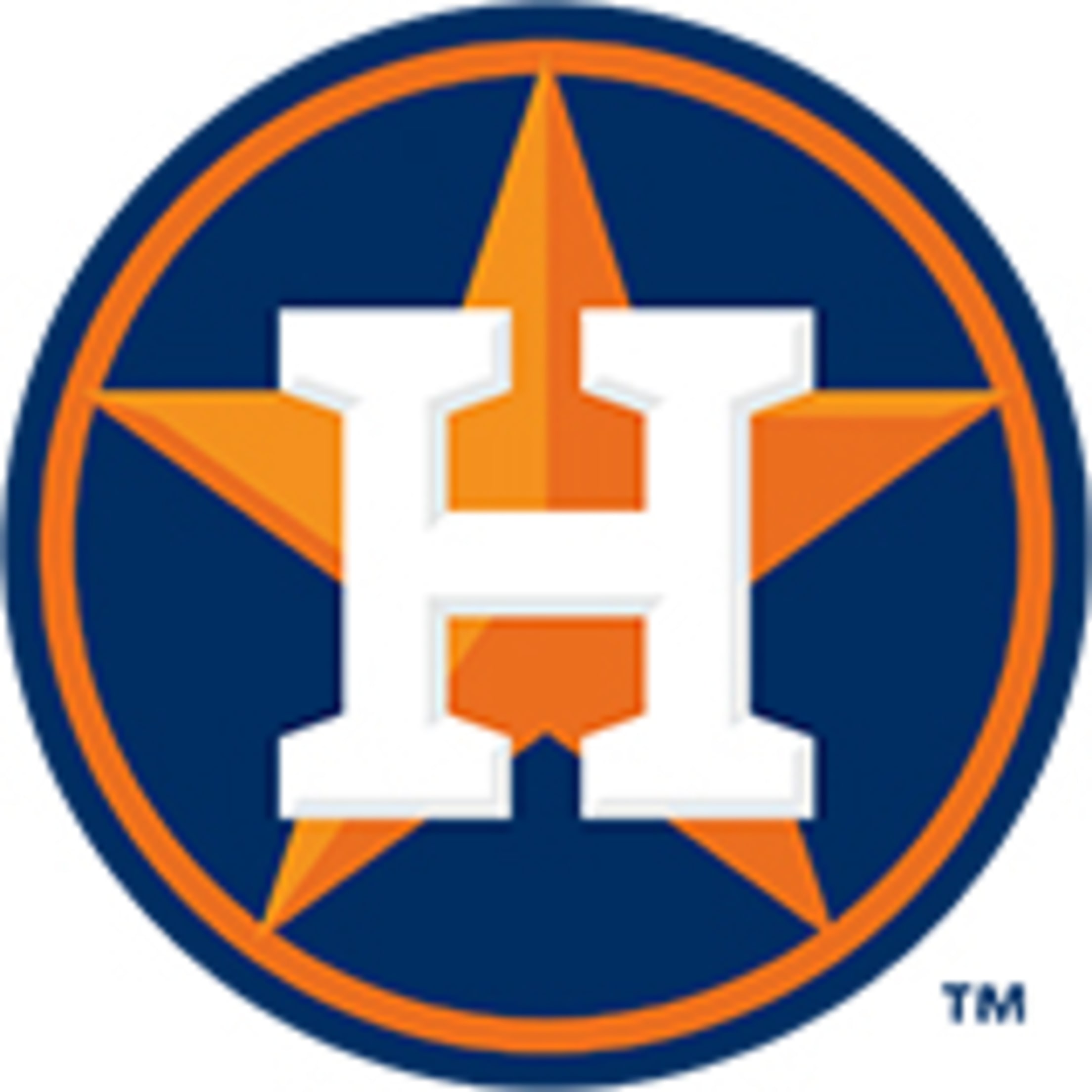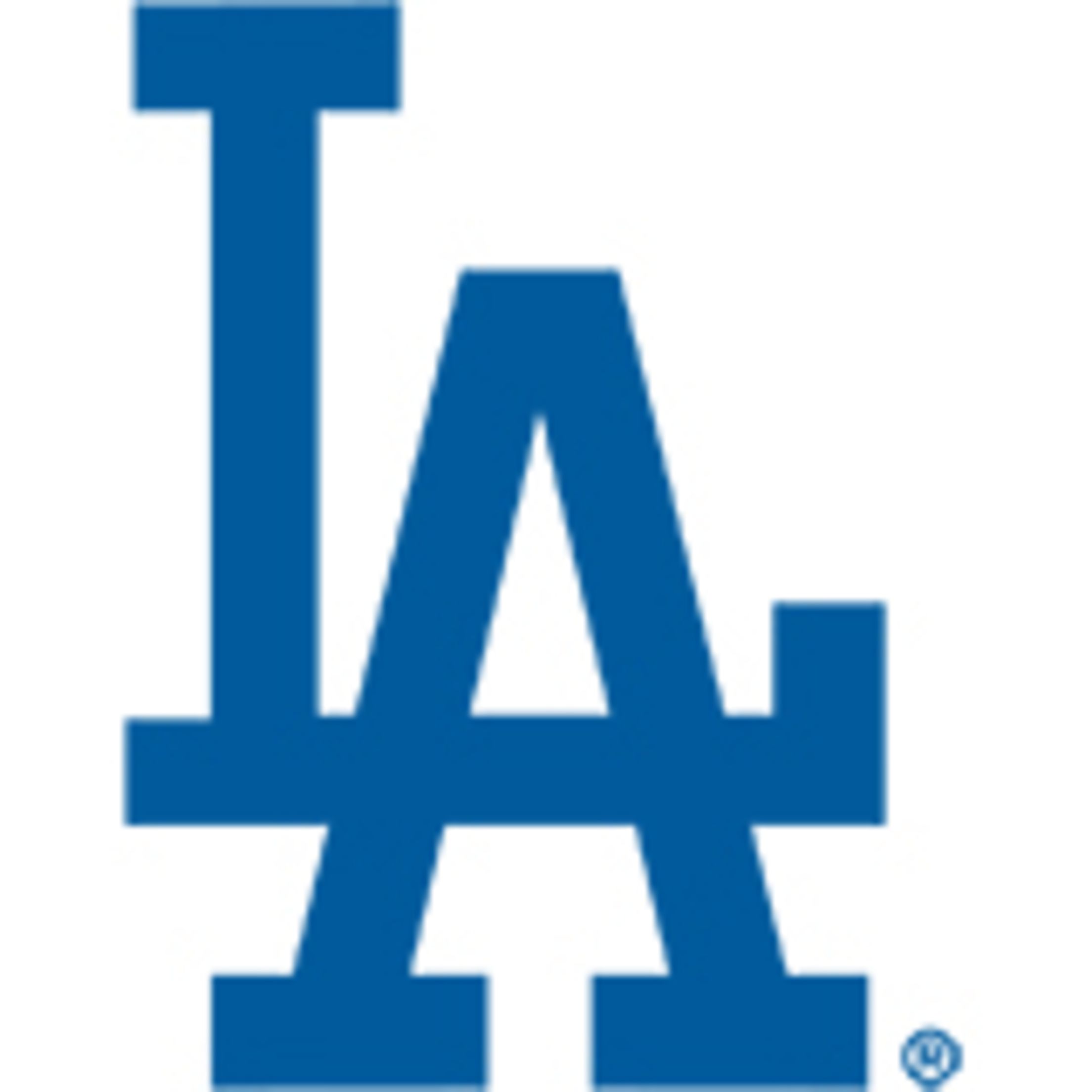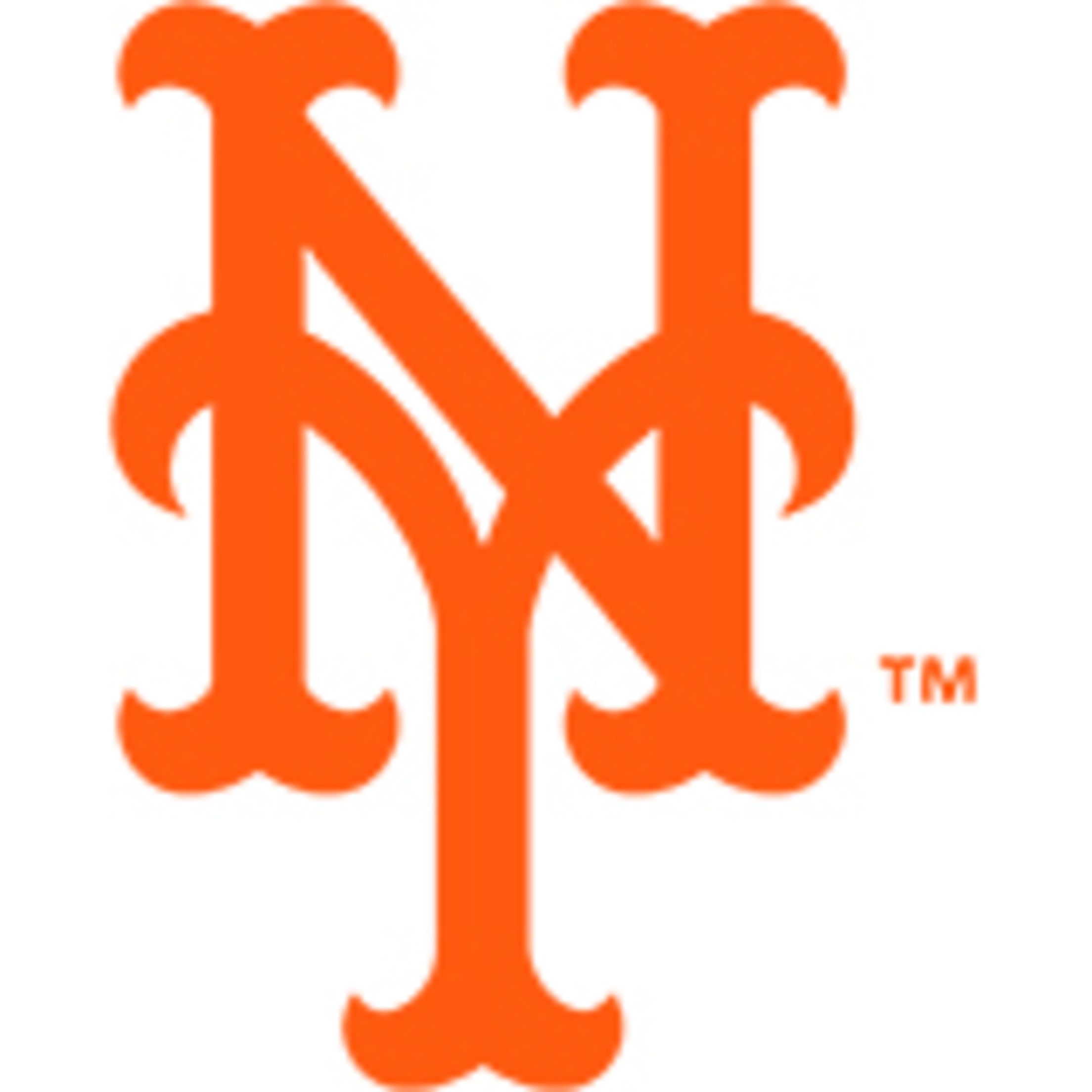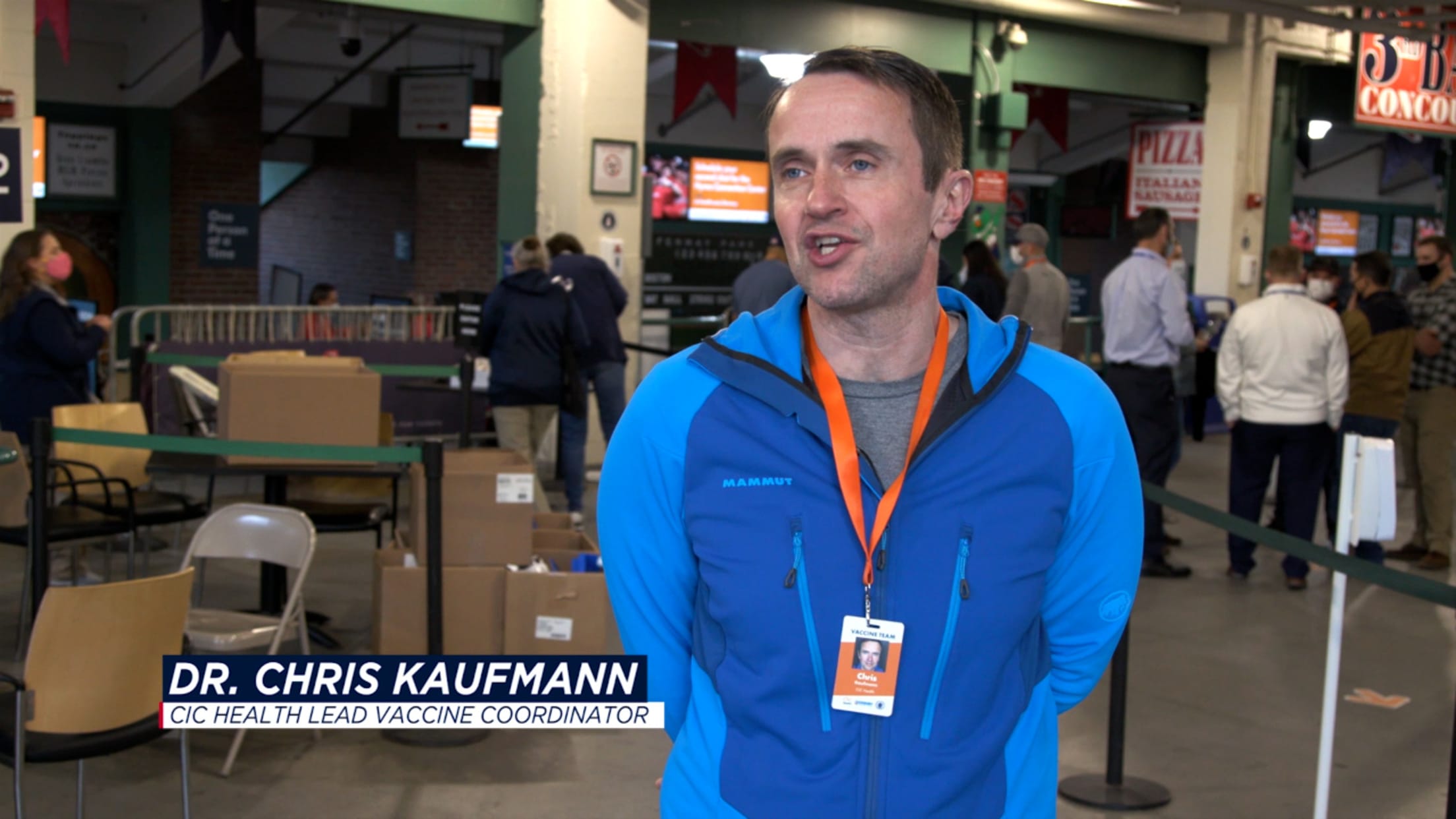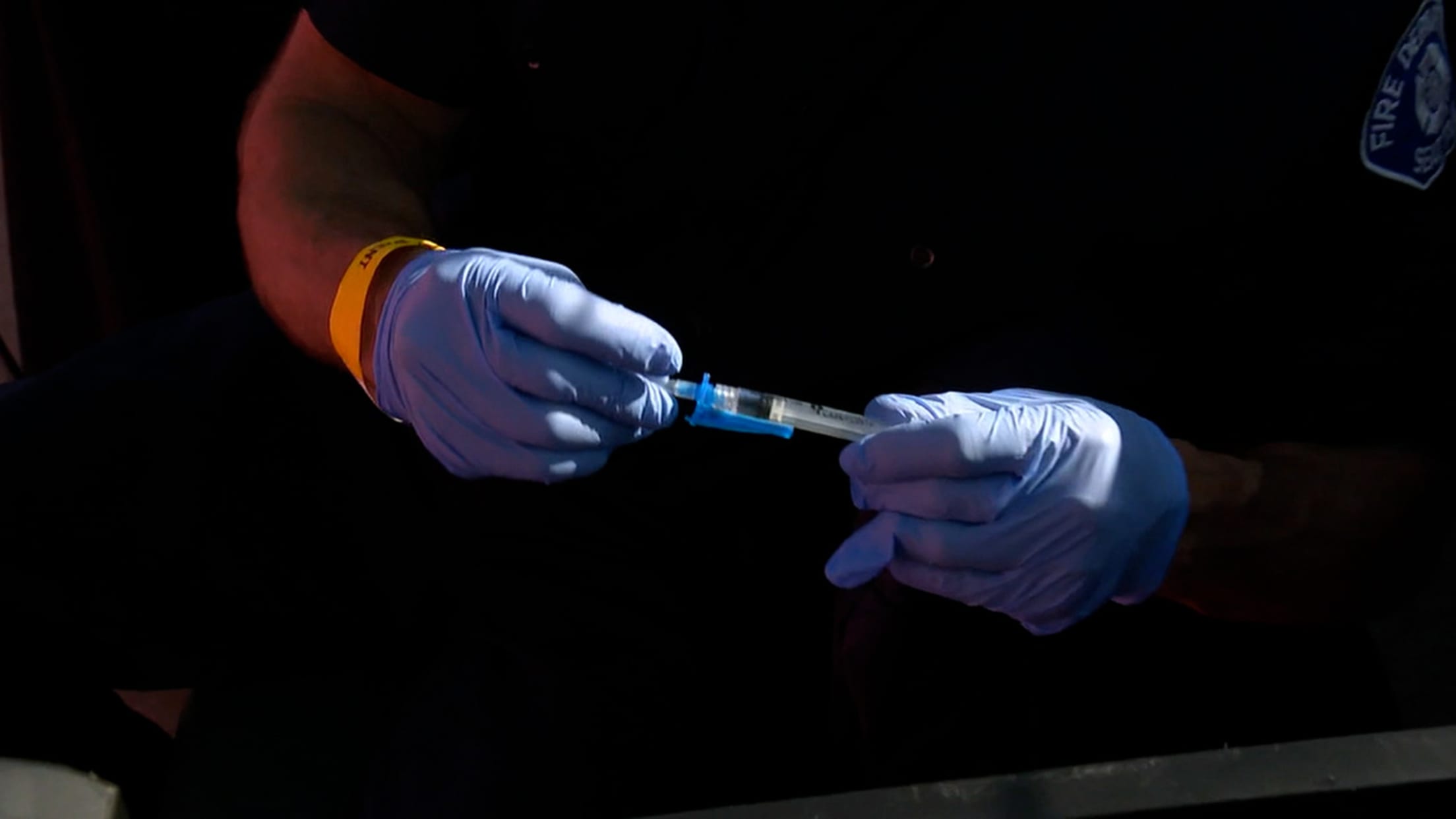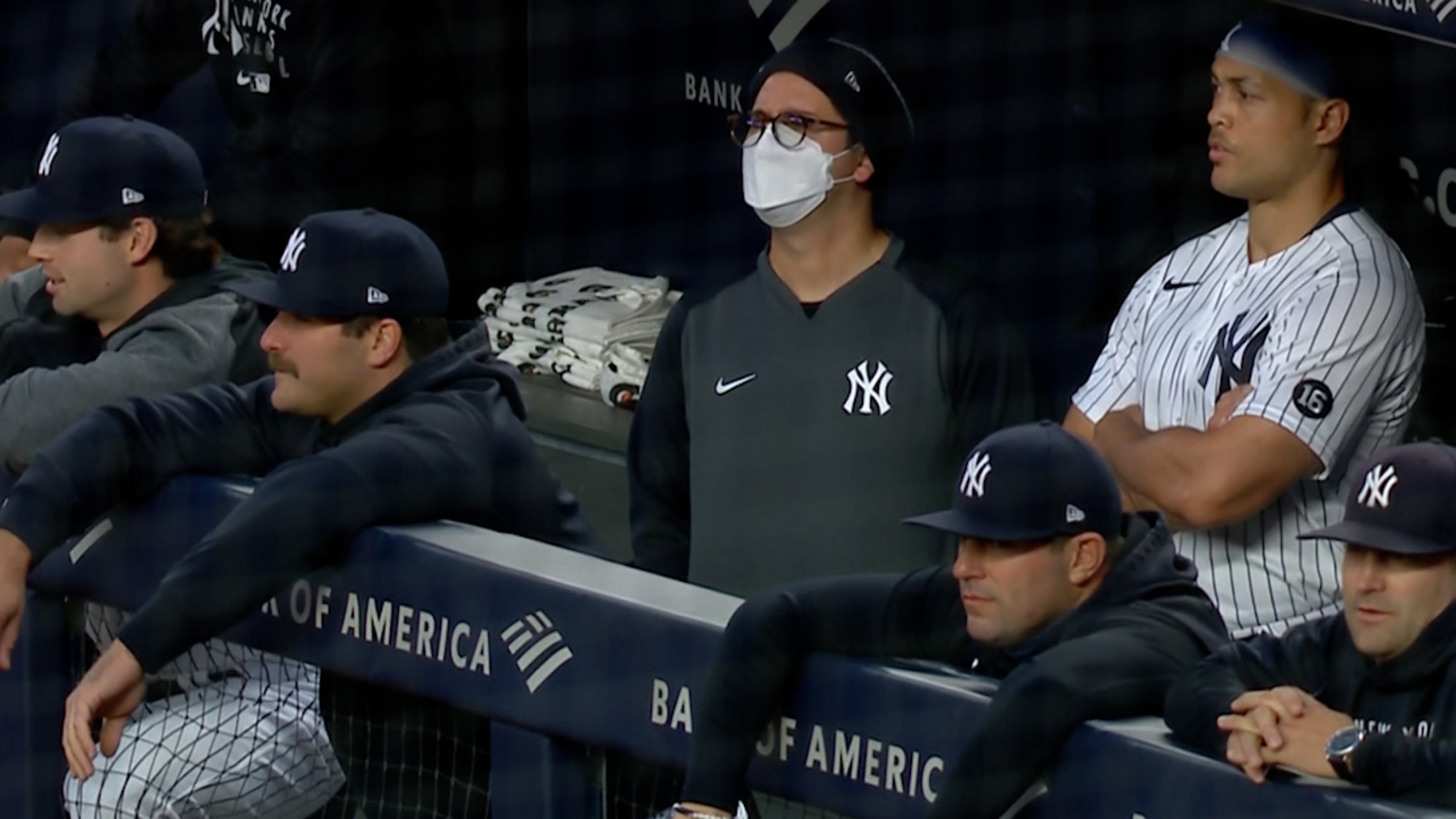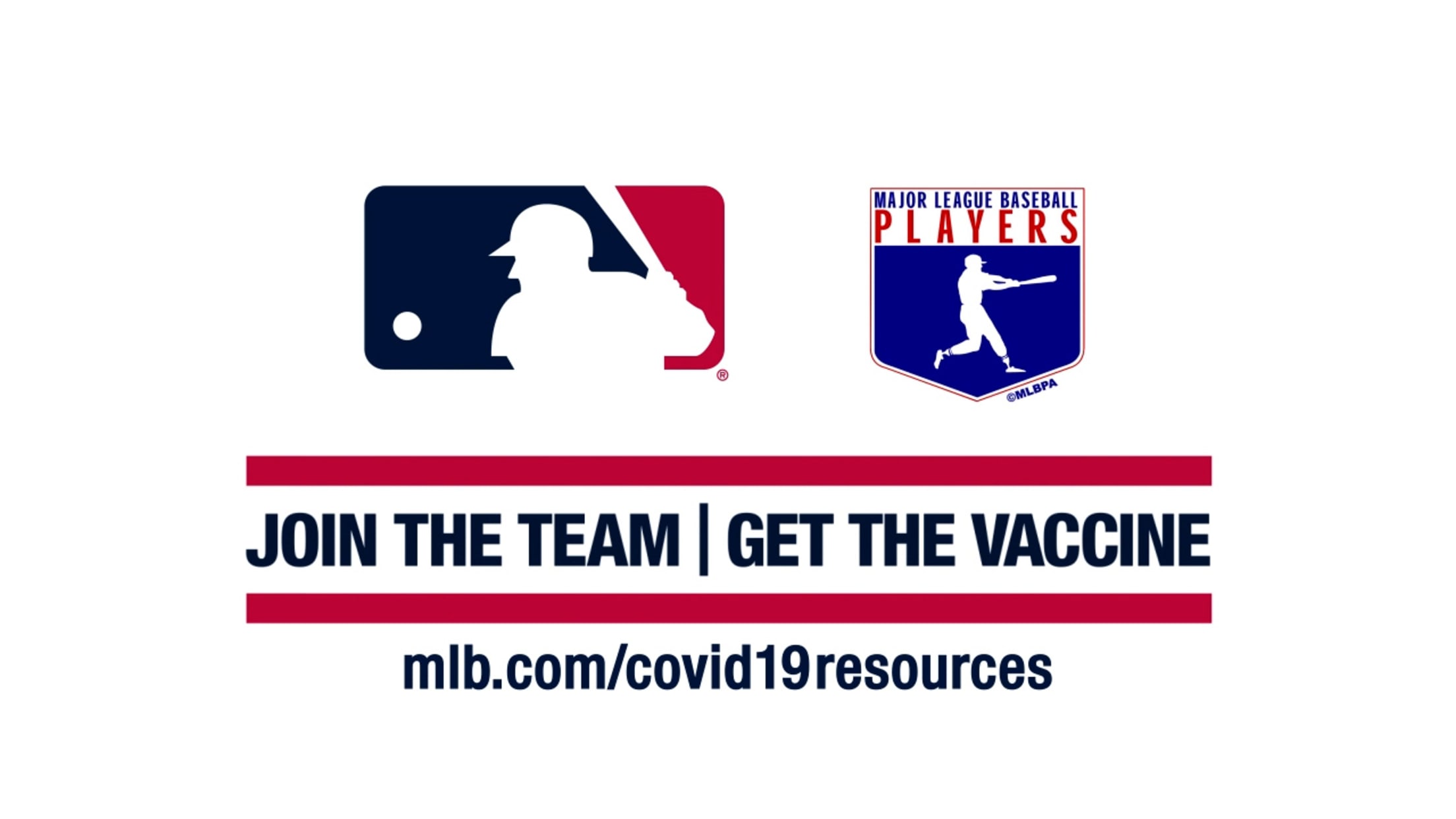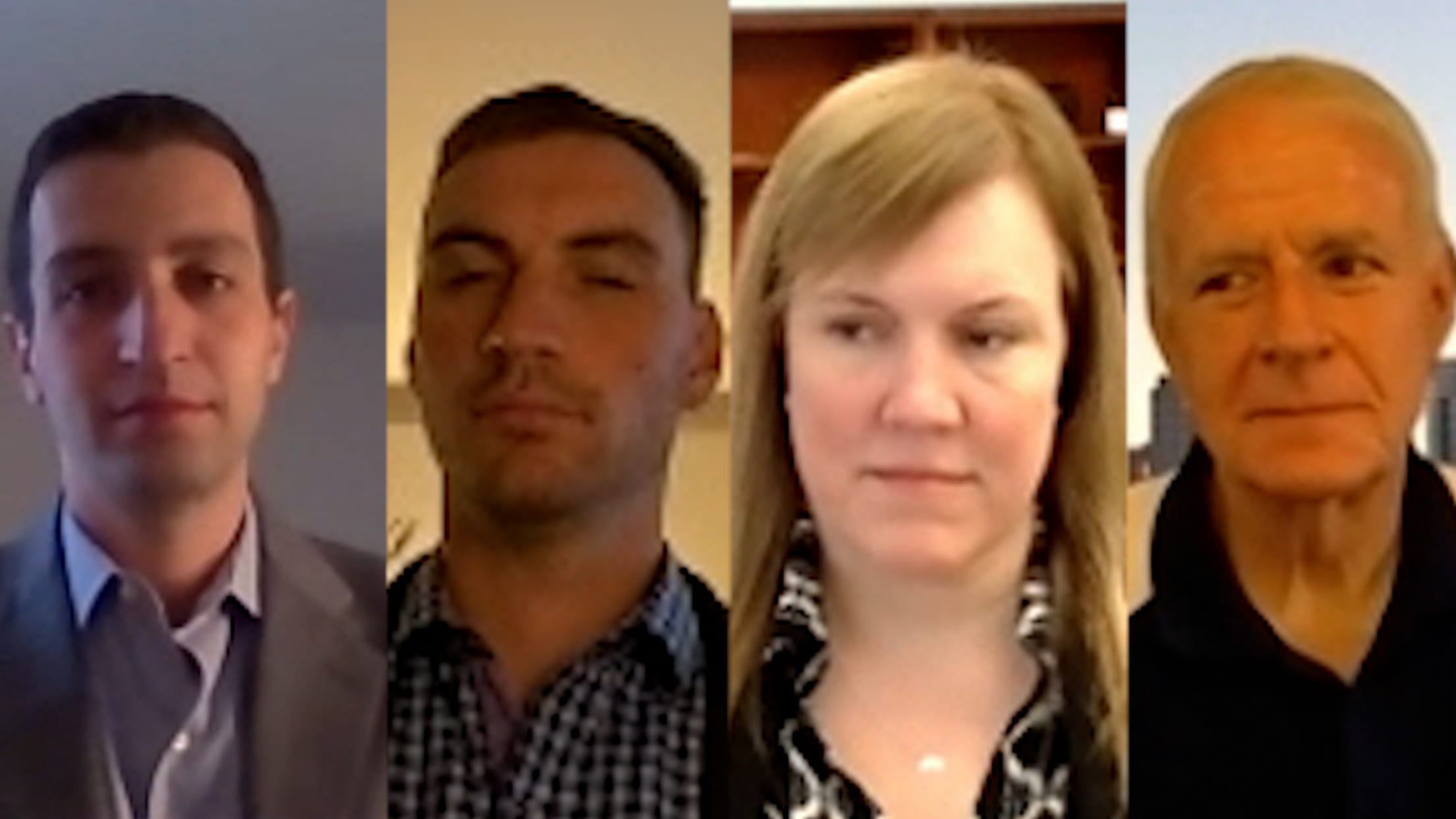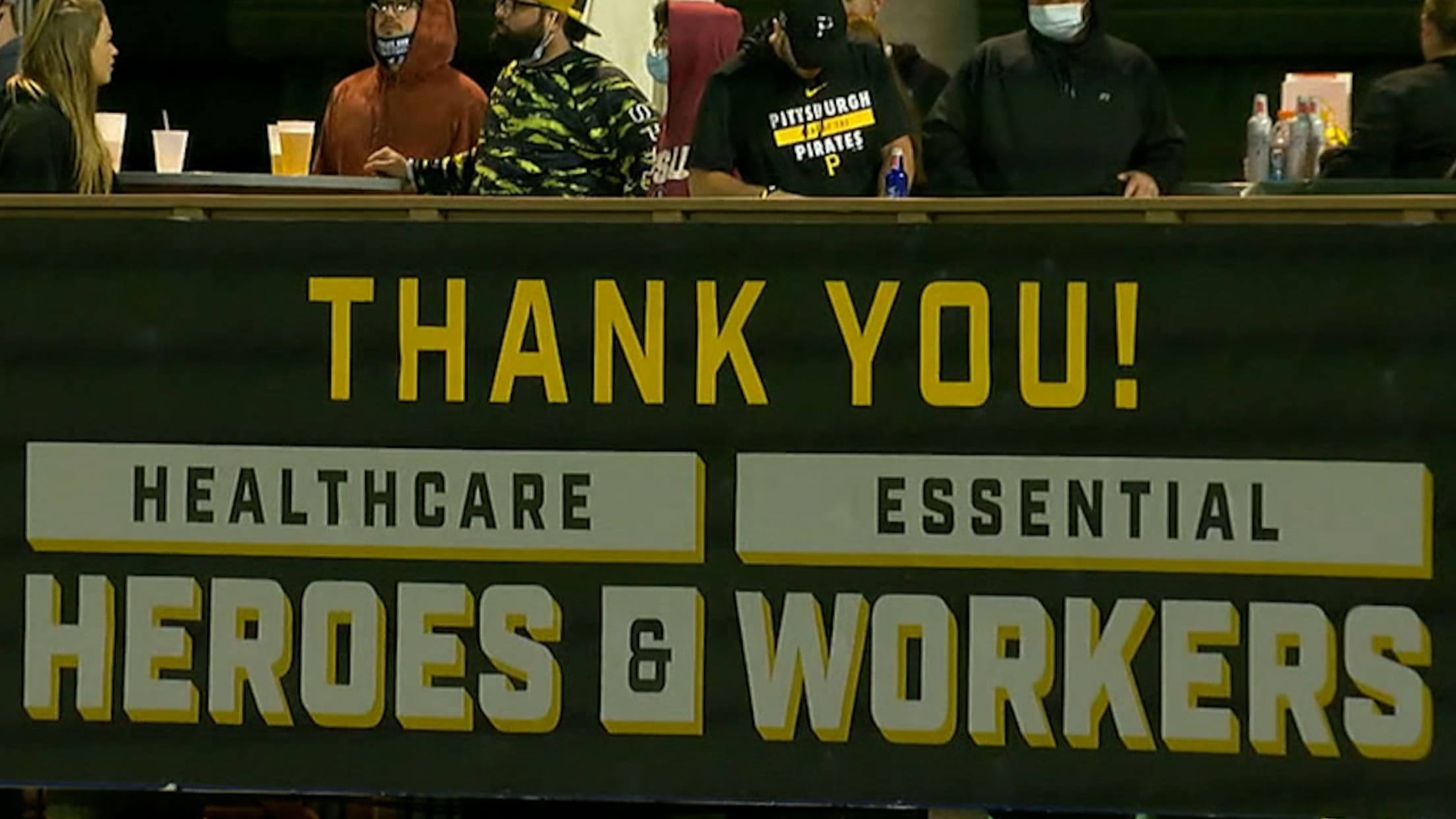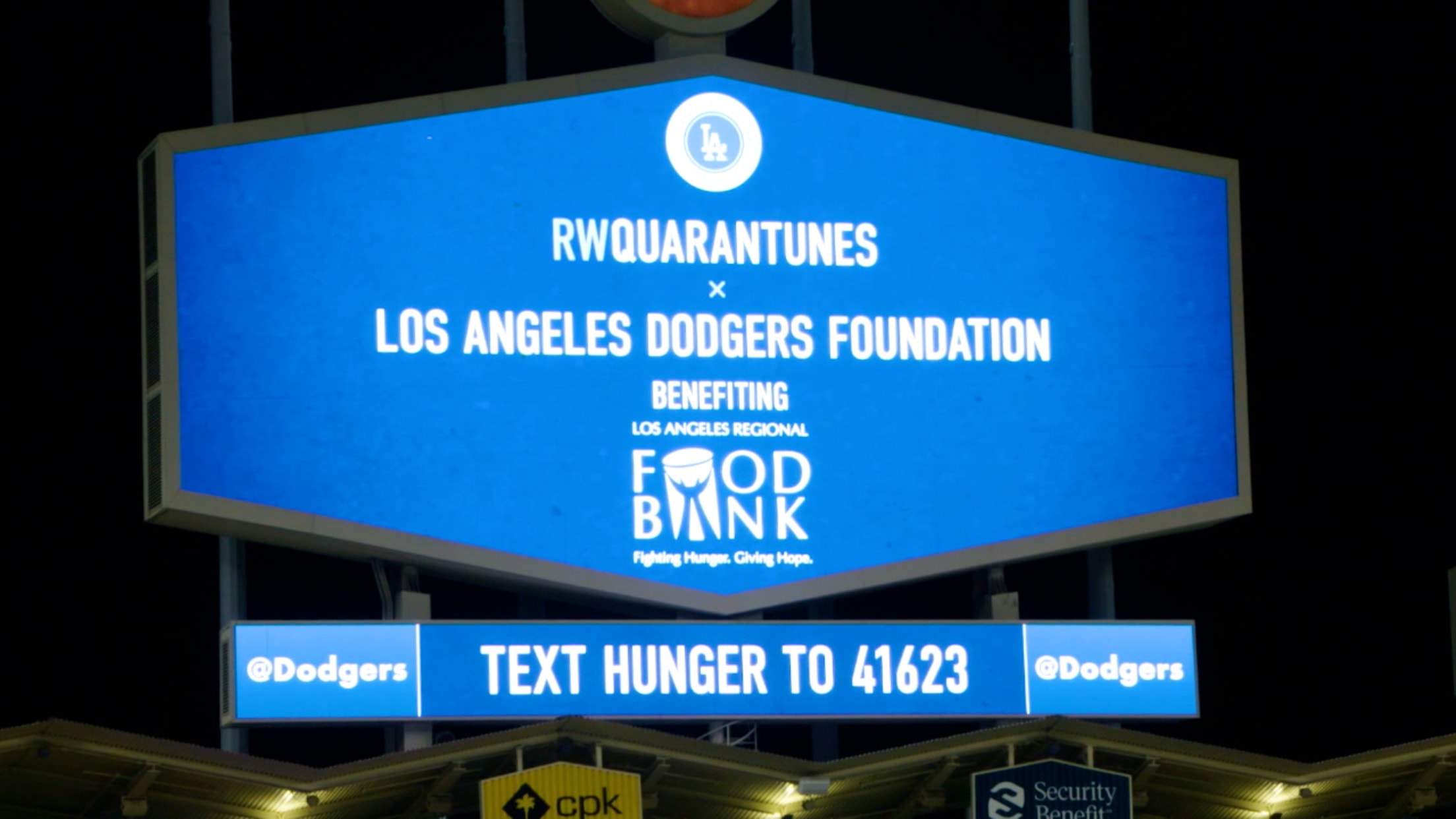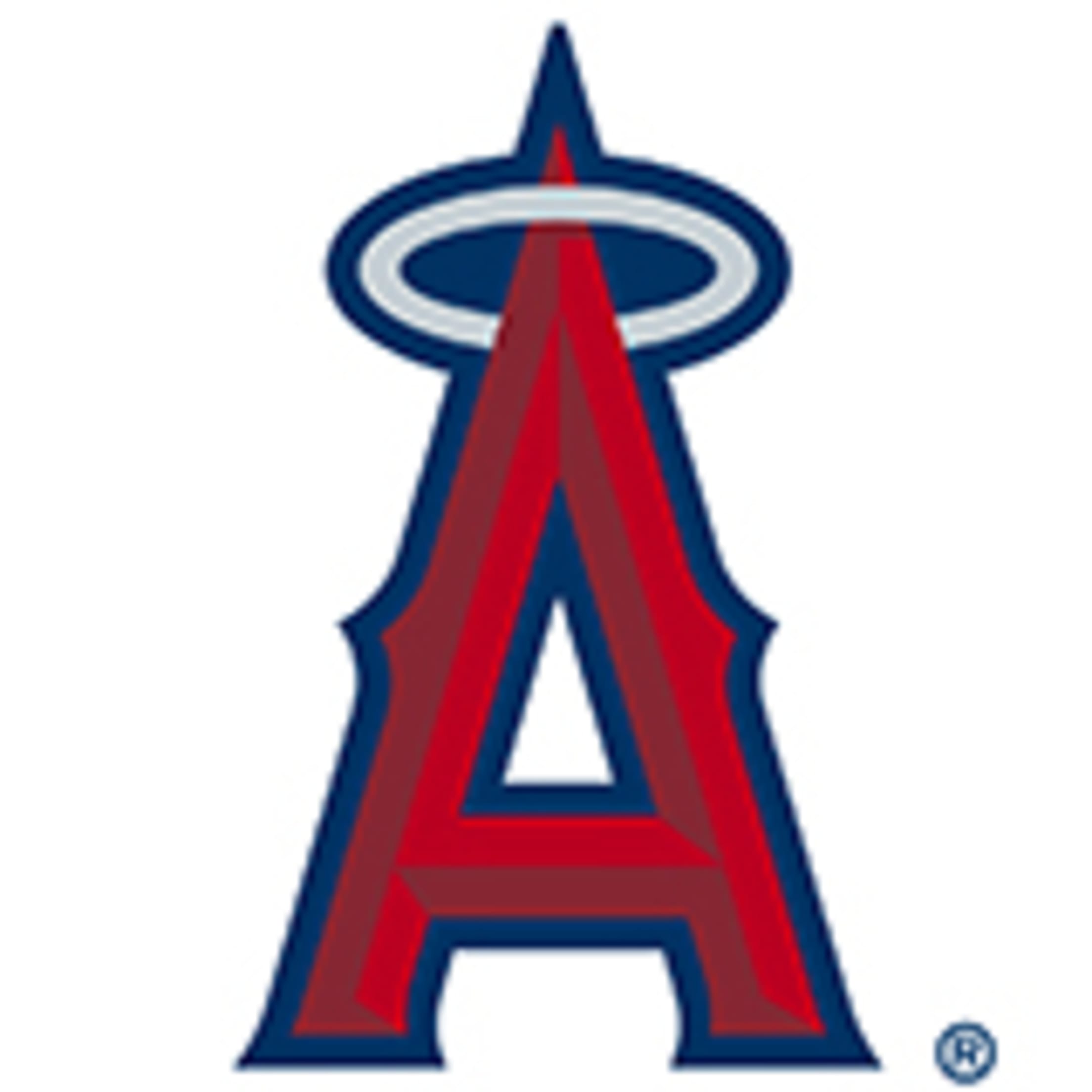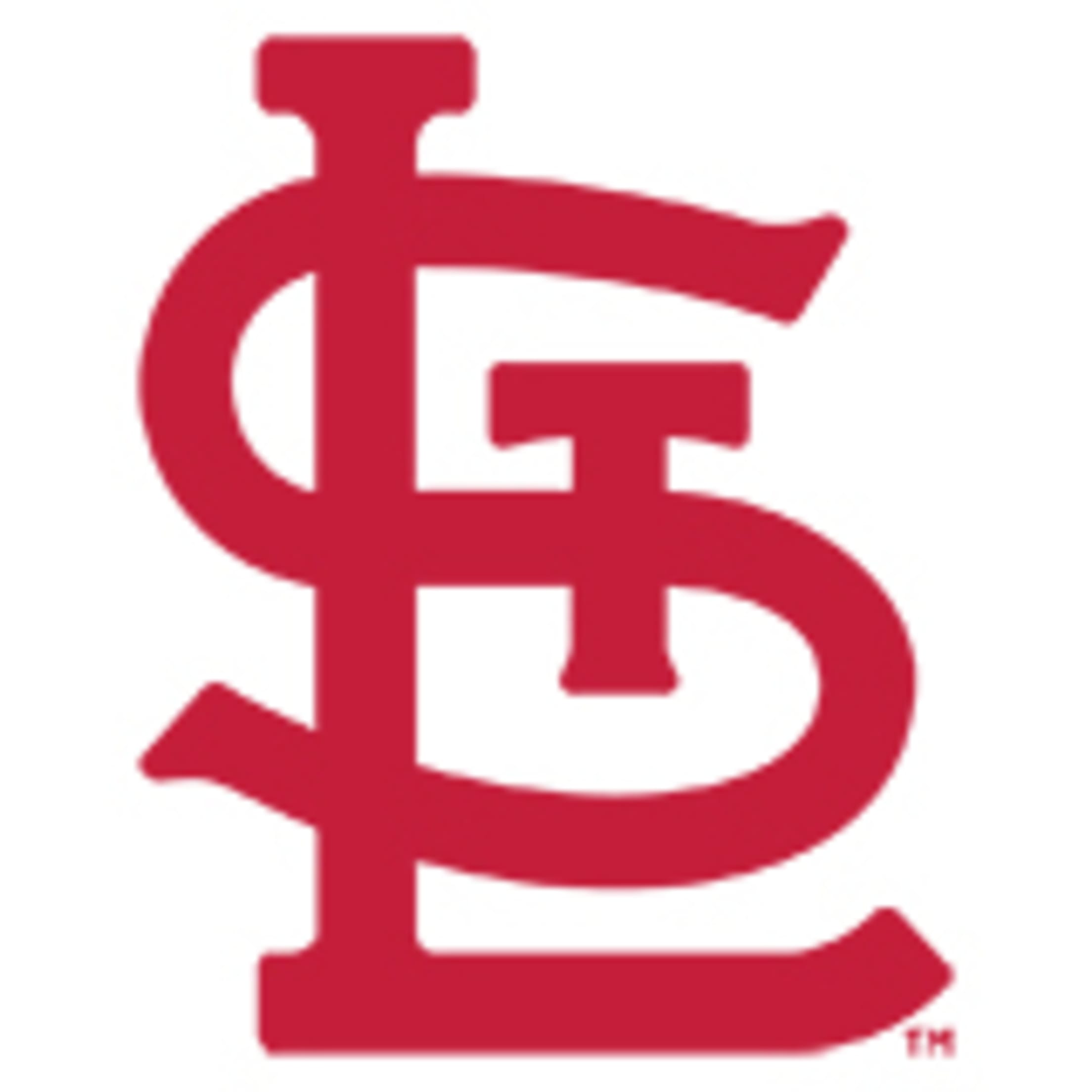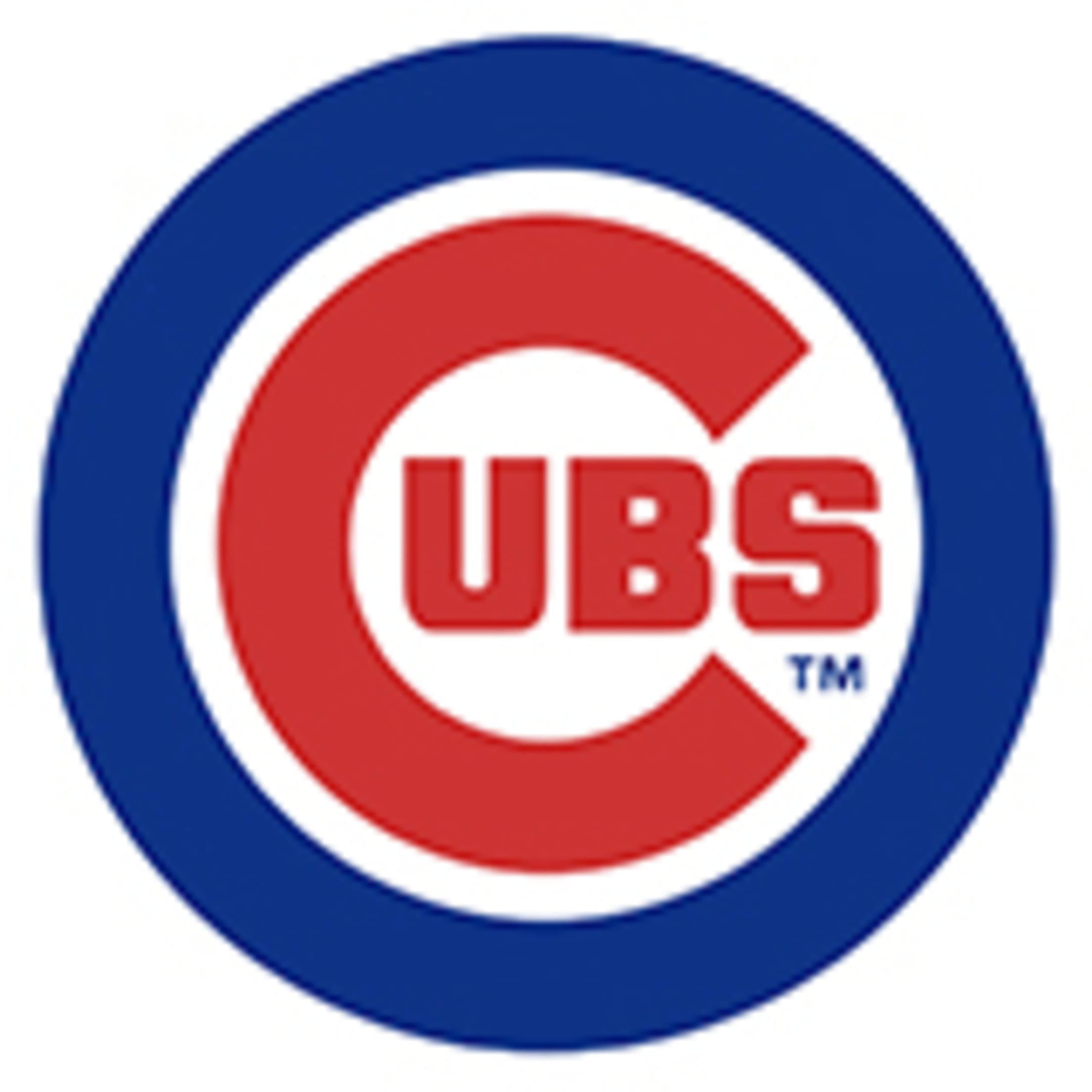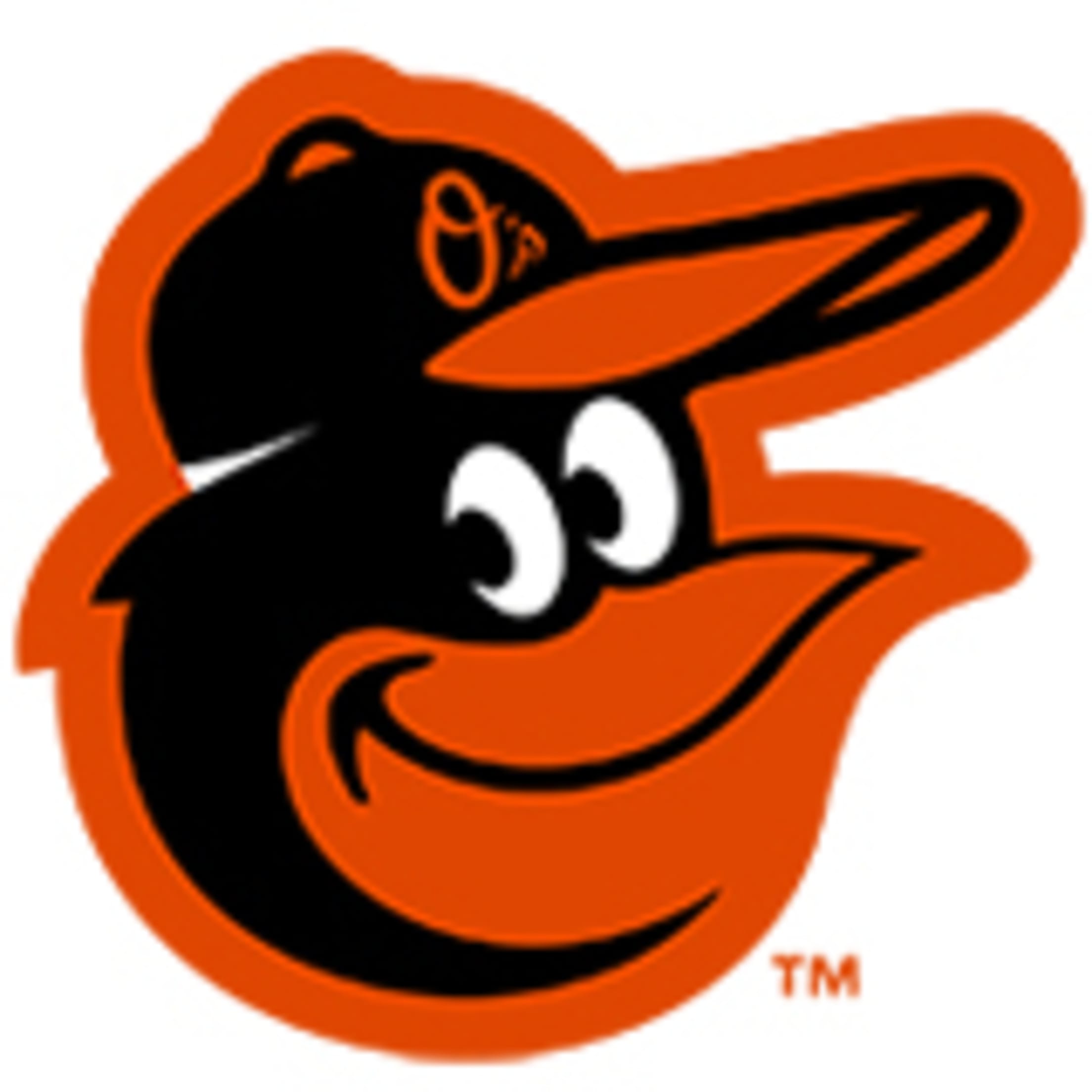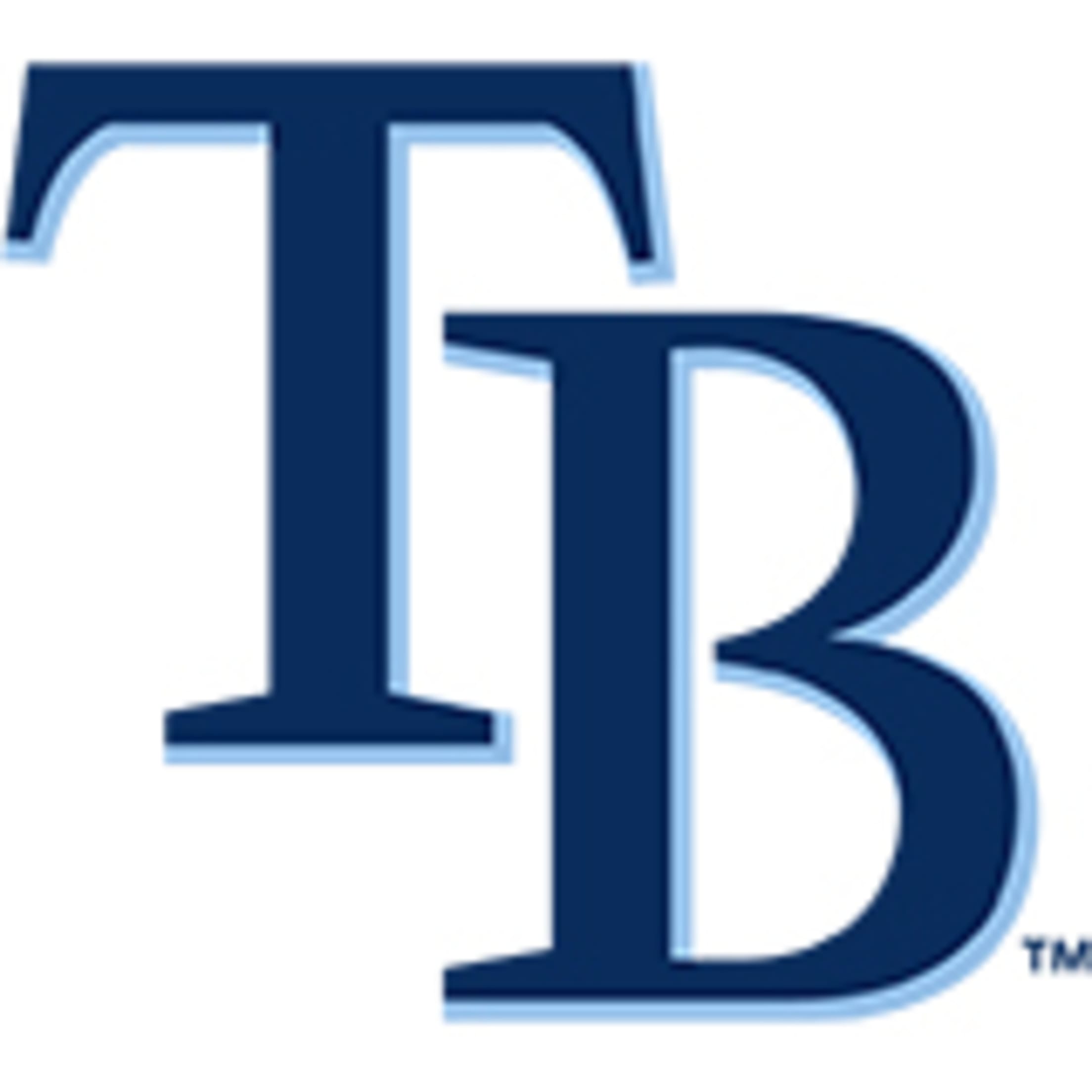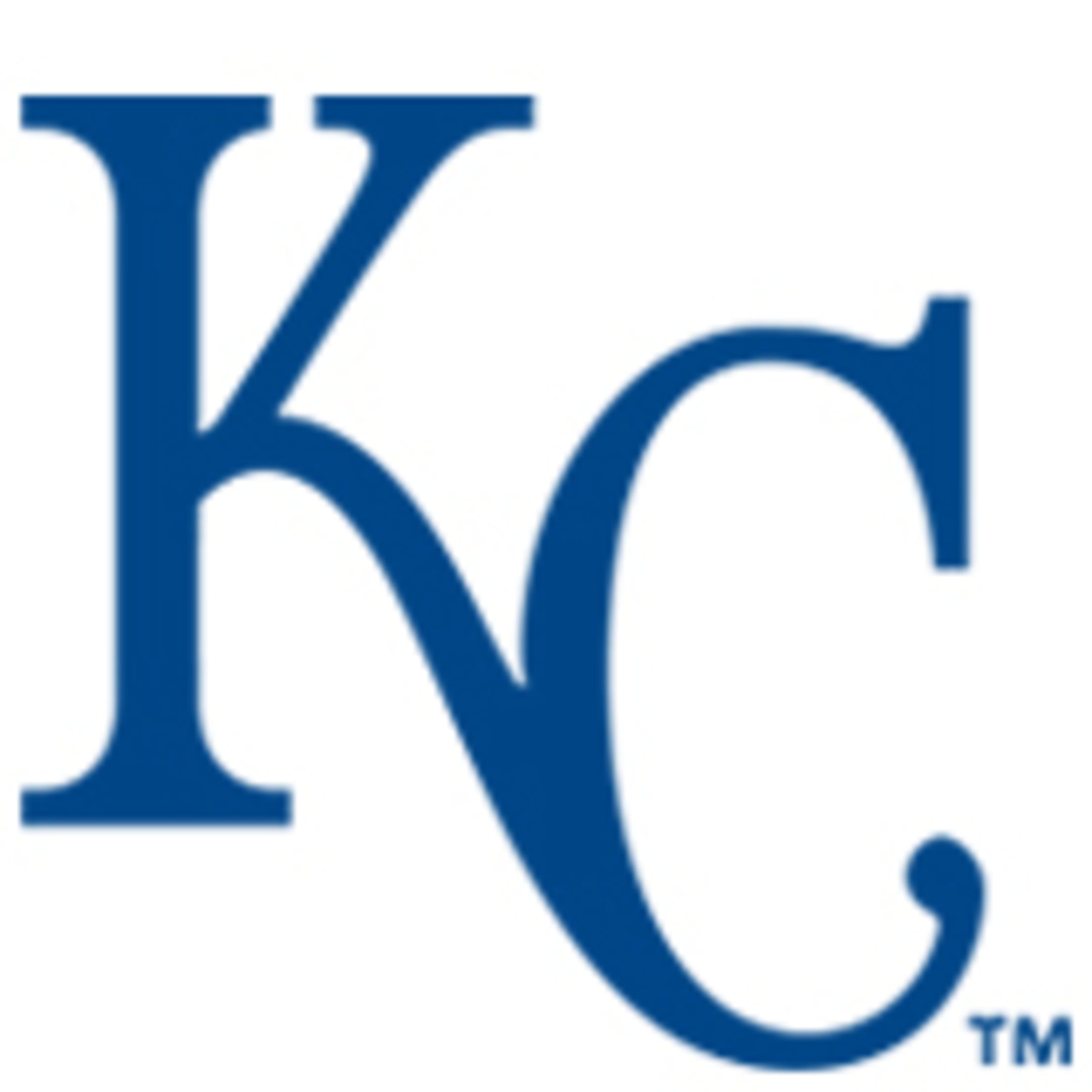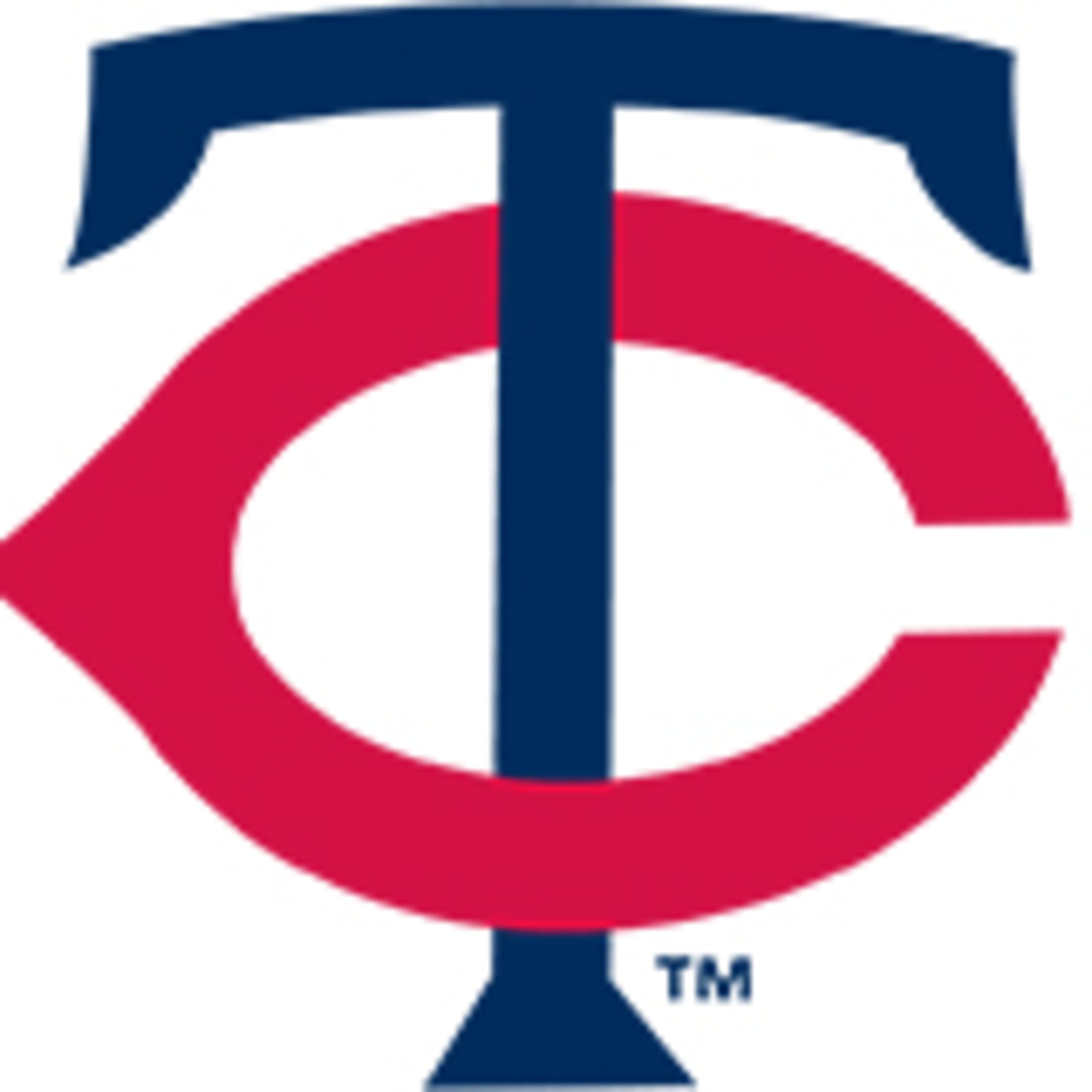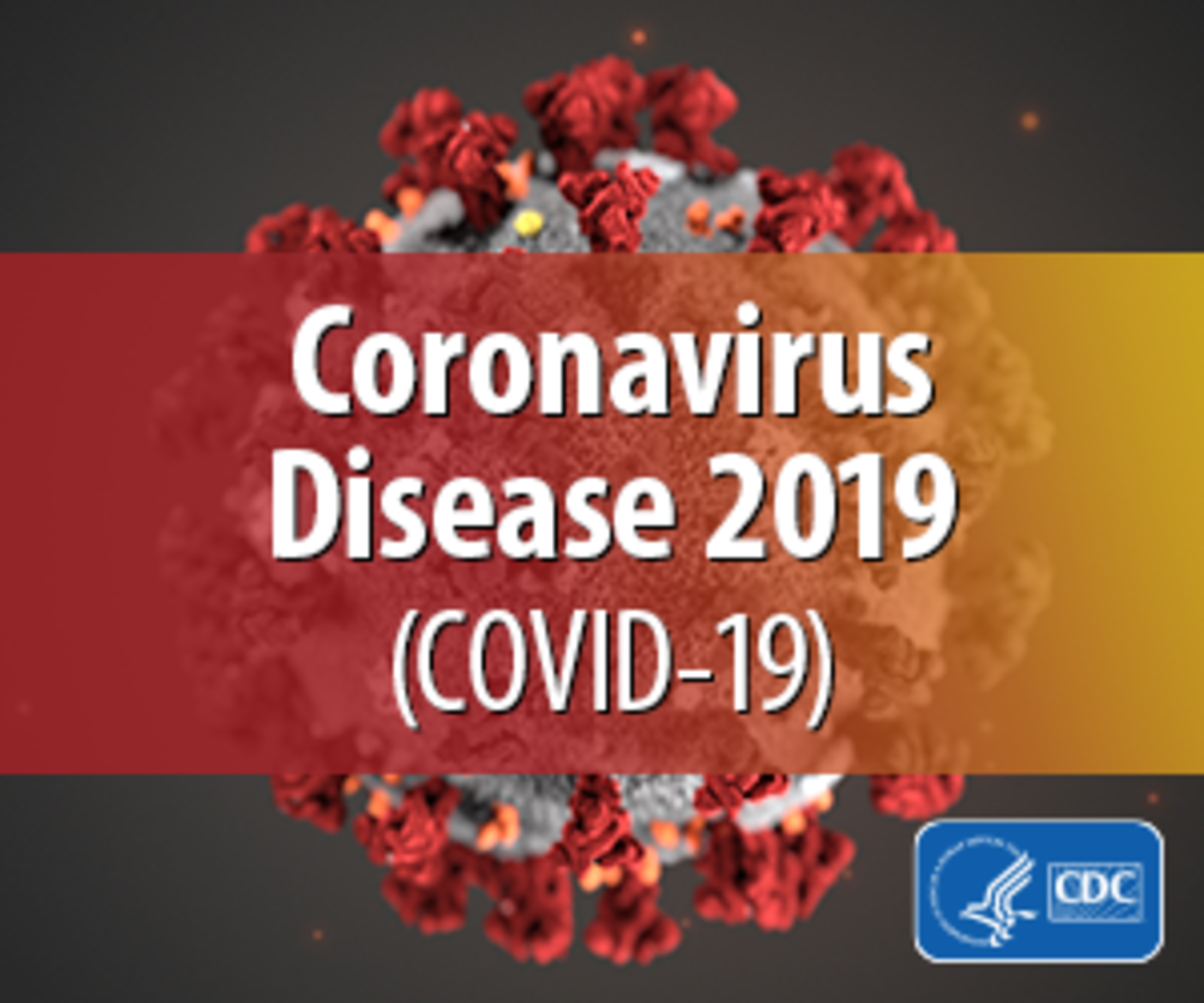Coronavirus information
Baseball responds
As an extension of their COVID-19 Vaccine Education Initiative, “It’s Up To You,” the Ad Council and COVID Collaborative launched a new campaign in partnership with Major League Baseball and 12 other sports leagues and organizations. With appearances by Angels outfielder Mike Trout, Mets first baseman Pete Alonso and baseball fans along with a brand-new recording of “I’ll Be Seeing You” performed by Grammy Award-winning musician, Willie Nelson, the videos encourage fans to visit GetVaccineAnswers.org for the latest information about the COVID-19 vaccines.
The spots remind fans about the joy and exhilaration of experiencing sporting events together in person and end with the hopeful message that now that the vaccines are here, we can hopefully get back to those moments we love soon.
- First Lady to visit Astros' vaccination event
- Notes: Vaccinate at the Plate; TEX Gala
- Astros giving away tix for getting vaccinated
- Bucs to host vaccine clinic at PNC Park
- Oriole Park at Camden Yards offering vaccines
- Free tix offer for fans vaccinated at Coliseum
- 'Vaccinate at the Plate' headed to The Trop
- Get vaccinated, get free MLB tickets
- Reds reach 85% threshold: 'A nice boost'
- Latest COVID, vaccination figures announced
- MLB, CVS partner to offer vaccine at NYC HS
- Rays get to enjoy relaxed COVID protocols
- Fenway Park Vaccination SiteMay 27, 2021 (06:08)
- Mariners fans get their vaccinesMay 5, 2021 (00:26)
- Tigers, Yankees meet vaccine markMay 1, 2021 (01:07)
- Join the team, get the vaccineApril 9, 2021 (00:30)
- Brewers on getting COVID vaccineApril 5, 2021 (02:06)
- Pirates, AHN celebrate milestoneMarch 23, 2021 (02:08)
- Dodgers host charity fundraiserFebruary 13, 2021 (01:22)
How to help
Major League Baseball has been engaged in a variety of discussions with stakeholders and charitable partners to identify ways to support individuals and communities who have been impacted by the global coronavirus pandemic. MLB and the Major League Baseball Players Association together donated $1 million to Feeding America and Meals on Wheels, and also announced a 30-Club, $30 million effort to support emergency relief for ballpark employees.
Please find below more information on how you can help those in need.
Ways to Support Frontline Healthcare Workers
Essential healthcare professionals remain on the front lines as the pandemic continues to impact our communities. In addition to following CDC and local health guidelines, there are many ways to protect, support and show appreciation for those dedicated to keeping us safe. Donate blood through the American Red Cross or local health partners. Cater a meal or donate restaurant gift cards to your local clinic, hospital or health system. Give the gift of transportation or parking through a rideshare app gift card or a weekly commuter card. Donate to the American Nurses Association Coronavirus Respond Fund. Say thank you – through social media, an email or letter of appreciation.
They have all done so much to protect us, our loved ones and our neighbors, so, let’s return their selflessness and courage with a little kindness.
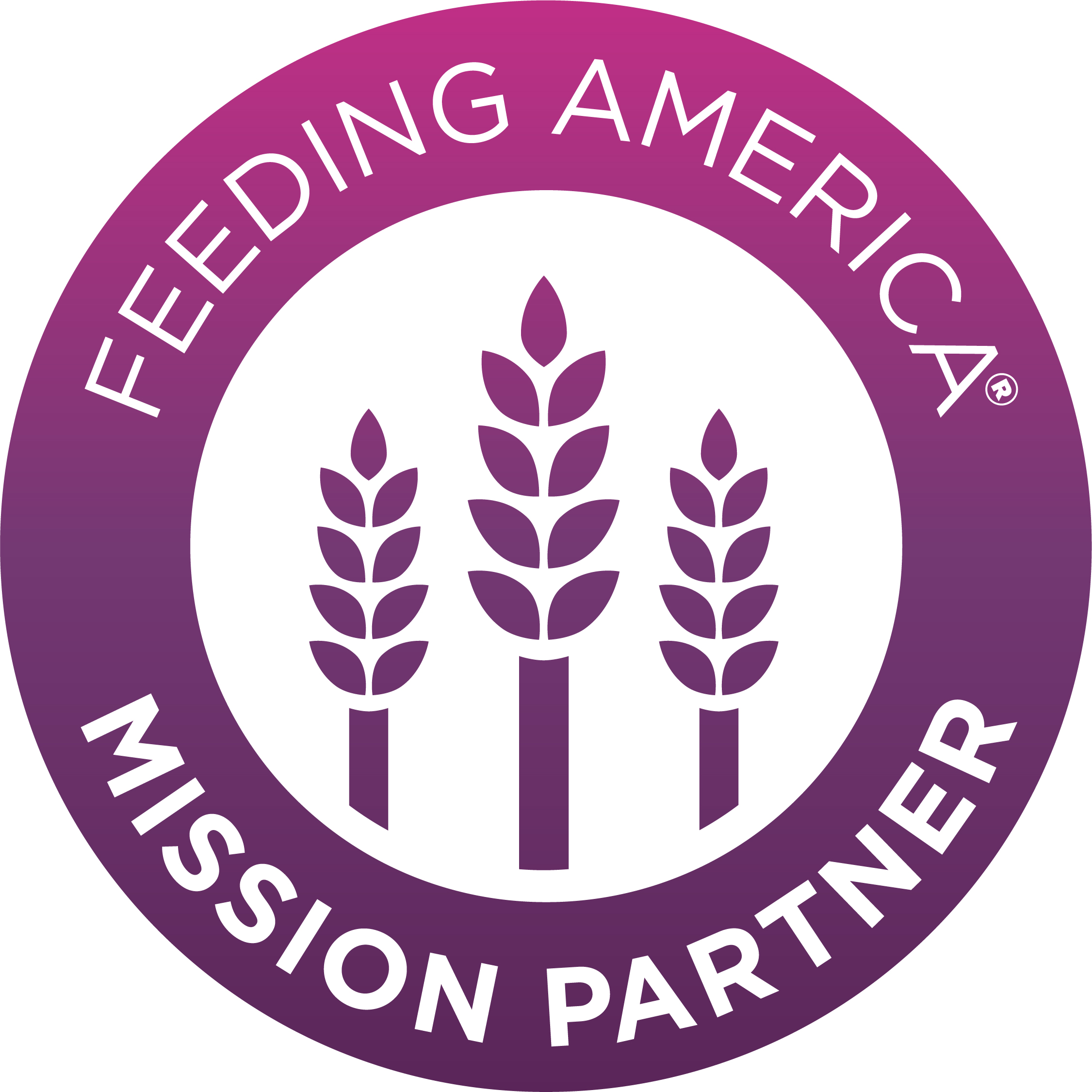 Help fight hunger as a result of school closures, job disruptions and quarantines stemming from the coronavirus (COVID-19) pandemic. Please donate to your local food bank or Meals on Wheels affiliate to support hunger prevention and visit the organization’s websites below to learn more. Note that food banks, in many areas, are deemed an essential service and volunteer opportunities may also be available.
Help fight hunger as a result of school closures, job disruptions and quarantines stemming from the coronavirus (COVID-19) pandemic. Please donate to your local food bank or Meals on Wheels affiliate to support hunger prevention and visit the organization’s websites below to learn more. Note that food banks, in many areas, are deemed an essential service and volunteer opportunities may also be available.
There is an urgent need for many different kinds of supplies for frontline healthcare workers. These include masks, gloves, protection suits, goggles, medical testing equipment and more. Health workers are also in need of food, lodging, training and support while they fight this public health crisis. Please donate or visit the following websites to learn more about these organizations on the front lines.
Right now, MLB’s official charity partner Boys & Girls Clubs of America is providing important services to help communities navigate this new and challenging climate. Boys & Girls Clubs are facilitating provision of meals and, in some cases, lending support to families of medical workers. Clubs have always played an important role in communities, and that is no different today. Click here to learn more.
Coronavirus has closed schools across the country. Right now, teachers need to get supplies in the hands of students at home to keep them learning, especially in our country’s highest-need communities. A new Donors Choose pilot program empowers teachers to get supplies - “personalized education care packages” - directly to students at home. Visit DonorsChoose to donate today.
At-home resources
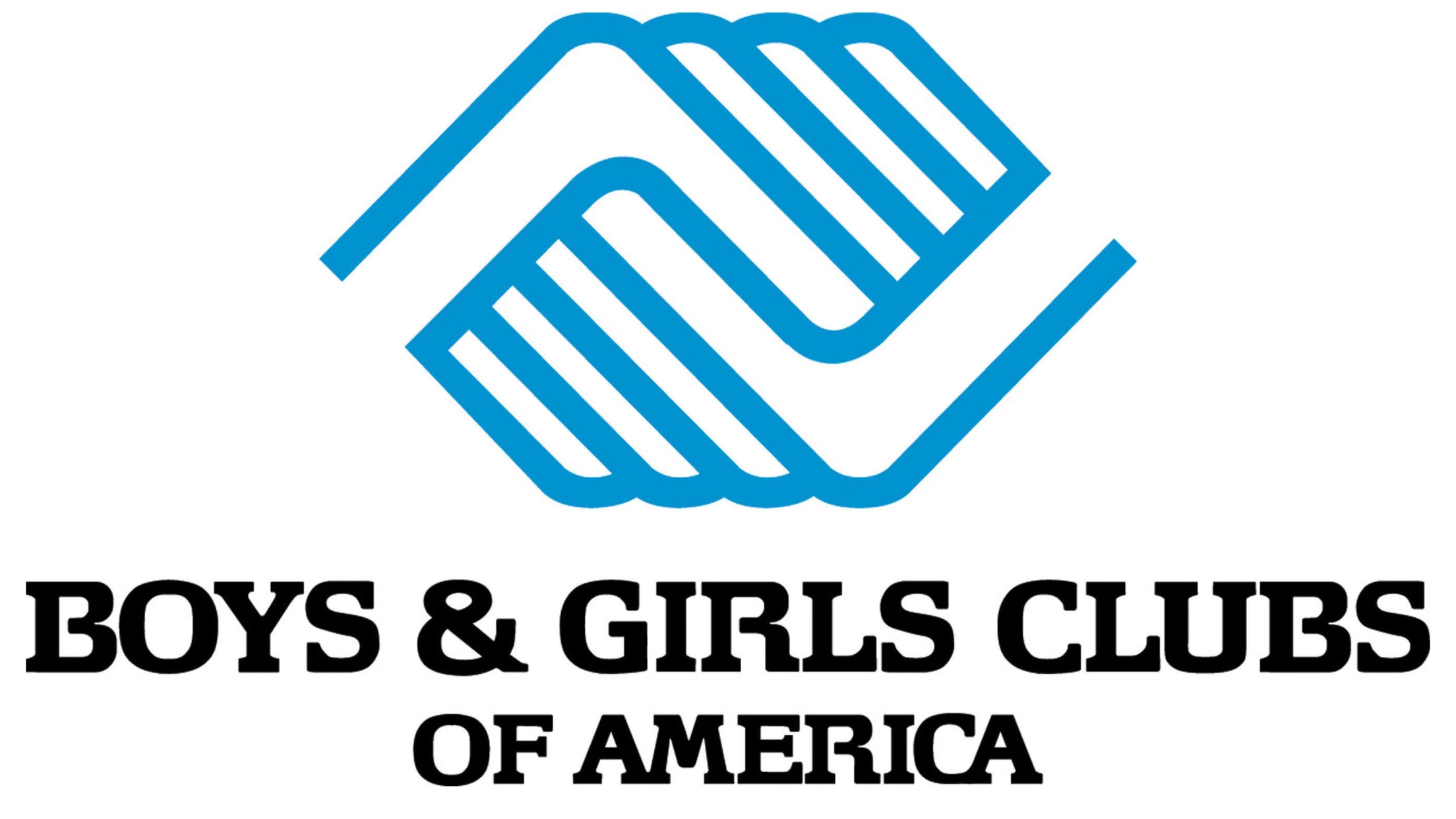
Boys & Girls Clubs of America’s Youth Development Toolbox app is available from Apple Store and Google Play. Used regularly by Club staff, YD Toolbox includes lots of fun activities and learning opportunities for children to engage in at home. BGCA is also providing access to its premier online learning platform MyFuture. Families and caregivers can access these digital resources to learn, create, play, and learn valuable skills like coding and digital arts.
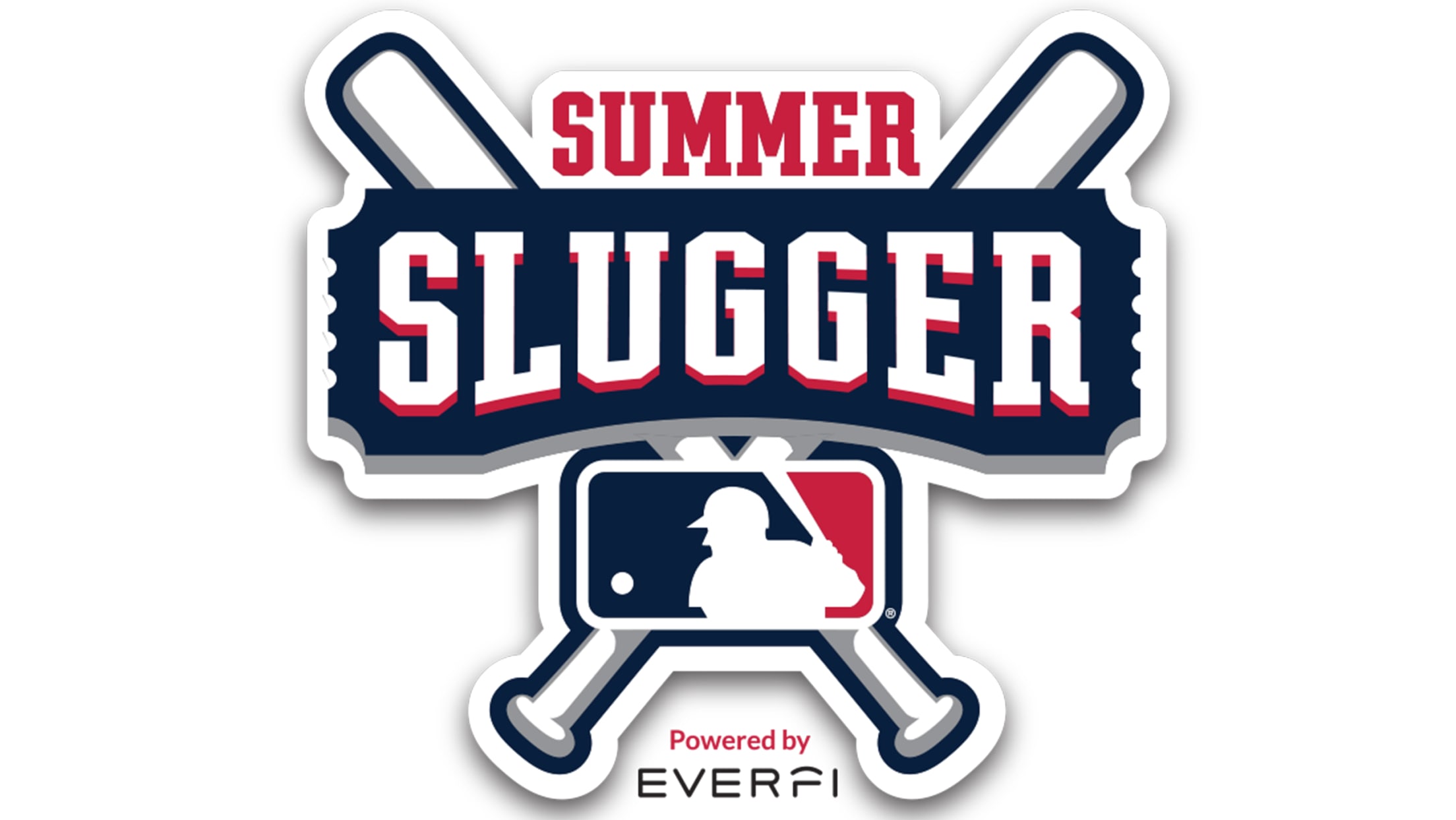
In partnership with EVERFI, MLB's Summer Slugger program was developed to combat summer learning loss during vacation months, but is even more relevant for students now when they may struggle with knowledge retention due to school closures. The course -- designed for 4th and 5th graders -- focuses on math & literacy skills and teaches these concepts through a baseball-themed, gamified experience. We are proud to offer this resource to students across the U.S. and Canada during these challenging times.
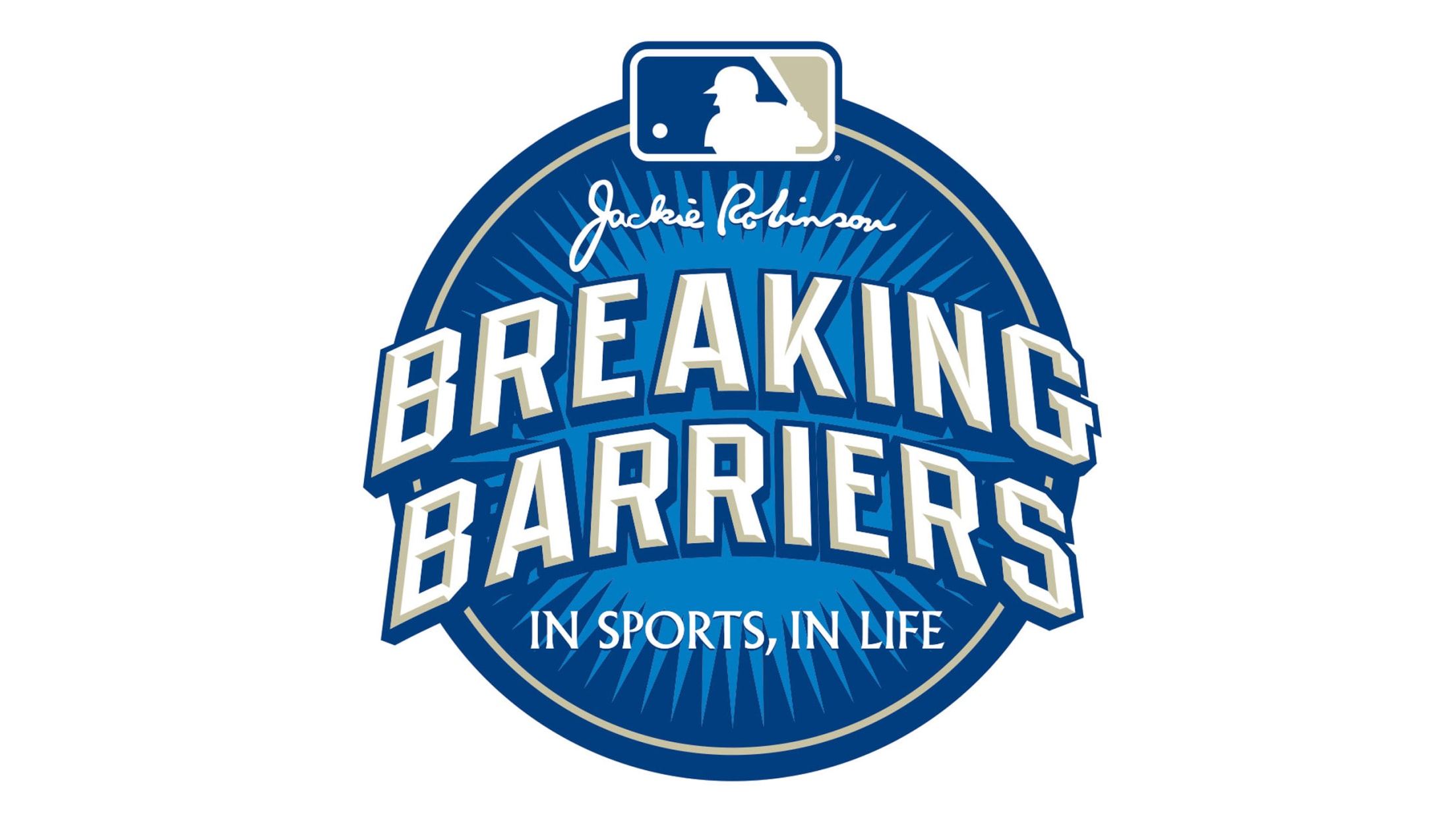
Using baseball as the metaphor for life, the “Breaking Barriers: In Sports, In Life” curriculum is based on the values demonstrated by Jackie Robinson: citizenship, commitment, courage, determination, excellence, integrity, justice, persistence and teamwork. The curriculum, developed by Sharon Robinson, MLB and Scholastic Inc., supports standards in language arts, social studies, and character education. Click here to download resources for at-home learning, including lessons, printables, digital interactives, and video extensions.
Mental health and wellness
Uncertainty amidst the evolving global Coronavirus pandemic can lead to greater stress and anxiety. MLB’s priority concern is for the health and safety of our fans and communities. Please click here for a great model for managing the anxiety associated with Coronavirus that was put together by Brenda Bursch, PhD.
Crisis Text Line: Text HOME to 741741 to be connected to a trained Crisis Counselor for free, confidential support 24/7.
What you need to know about COVID-19
As we get ready for the 2021 season, the most important thing is that everyone does their best to protect their health, as well as the health of their family, friends and communities.
Here is a breakdown of what you need to know about coronavirus and recommendations for staying safe, via experts at the World Health Organization (WHO) and CDC.

